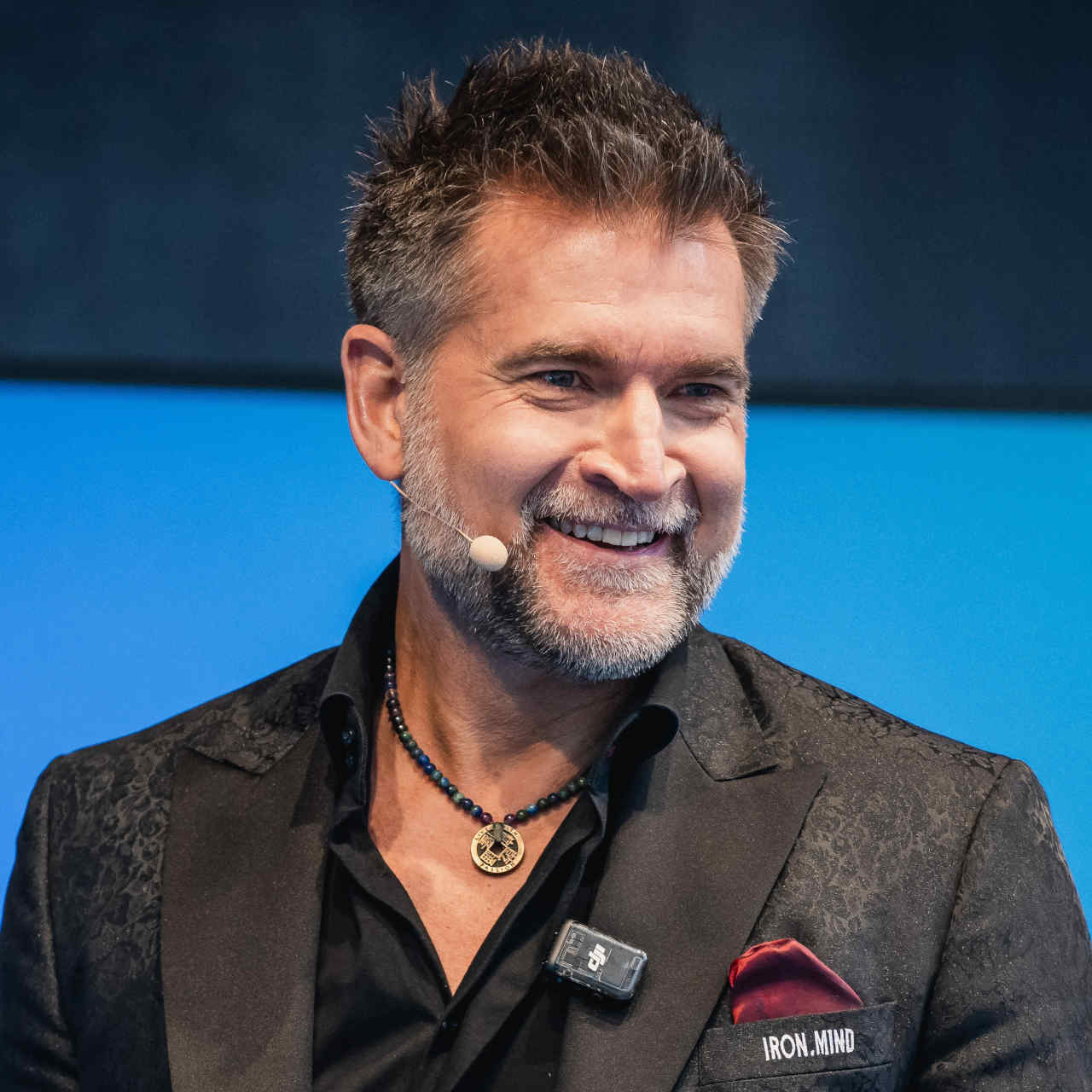
Leadership is facing upheaval: artificial intelligence, automation and data-based systems are challenging traditional leadership models. What counts now.
The theory that today's managers belong to the last generation to lead people directly is not an exaggeration, but a realistic outlook on a profound transformation. Future leadership models will be increasingly machine-supported, with algorithms taking over planning, communication and organization. We are already seeing AI-supported tools automating project management, optimizing feedback systems and even analyzing team moods. The challenge lies not in the mere implementation of these technologies, but in ensuring human relevance within these systems. When machines lead, the question remains: why do we still need people?
Three skills take center stage: emotional intelligence, mental strength and personal clarity. Emotional intelligence is not just a nice-to-have. In a world where algorithms guarantee efficiency, interpersonal understanding remains a unique selling point. Motivation, trust and meaning are not created by code, but by genuine understanding and listening. An AI may be able to recognize that a team member is unhappy, but it will not sense it, interpret it intuitively or react to it empathetically. This is precisely what makes emotional intelligence a key leadership skill.
Mental strength is not only evident in exceptional situations, but is becoming a basic requirement for successful leadership. In an increasingly confusing working world with constant change, it is the basis for resilience, focus and adaptability. Those who do not act clearly and confidently in disruptive times lose leadership influence - regardless of their specialist knowledge or experience. Mental strength also means being able to make viable decisions in the face of great uncertainty, dealing constructively with setbacks and remaining effective in the long term.
Personal clarity is the third key element. An unclear inner attitude and a lack of direction make managers replaceable. If you don't know your own why, you can neither communicate authentically nor ensure long-term relevance. Especially when interacting with AI-based tools that map interchangeable processes more efficiently than any human being. Personal clarity creates the basis for consistent action, credible leadership and inspiring visions.
In future, leadership will no longer be defined primarily by “direct reports”, but by the ability to strategically design hybrid systems consisting of humans and machines. Managers will become bridge builders - between emotional depth and technical excellence. This requires not only technological expertise, but above all a willingness for self-reflection and further development. The integration of AI into everyday management not only changes processes, but also ways of thinking. Managers must learn to communicate with systems that do not know emotions or understand human values. Those who do not actively learn here will be overtaken by the speed of developments.
Those who face up to these questions are laying the foundations for a new form of leadership: hybrid, people-centered and sustainable. The current generation of leaders is at a turning point. Not because leadership is becoming superfluous, but because it needs to redefine itself. In future, it will not be the technological knowledge advantage that is decisive, but the ability to make humanity strategically effective in a technologized world. The future belongs to those who can not only operate machines, but also touch people.
Slatco Sterzenbach is an expert in mental and physical performance for managers. He coaches board members, managing directors and even world champions.

From digital voice assistants to AI-supported training, the hotel and restaurant industry is facing a wave of innovation that is rethinking efficiency, sustainability, and the guest experience in equal measure. Four current initiatives show how future technologies are already changing operations today – and what opportunities businesses can derive from them.
A new service employee is wanted. The position needs to be filled urgently, time is short – and the application arrives at half past midnight. Not by email, but via WhatsApp. The first questions are answered by an AI-supported chatbot, and the date for the trial period is suggested automatically. Everything runs efficiently, quickly and seemingly without any human intervention.
Such processes are no longer a future scenario, but reality. But this is precisely where the question arises: How much should AI be allowed to decide on its own – and when is human control necessary? A new area of tension is emerging between automation and responsibility, which must be handled with sensitivity, especially in labor-intensive industries such as catering and food production.
Today’s guests want to be moved, involved, and touched. Anyone who doesn’t understand how street food is being transformed into couture, why Korean BBQ is becoming an experience, and what miso has to do with crossing boundaries is missing out not only on trends, but also on the great potential of the future of gastronomy.


Leadership is facing upheaval: artificial intelligence, automation and data-based systems are challenging traditional leadership models. What counts now.